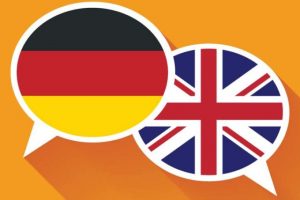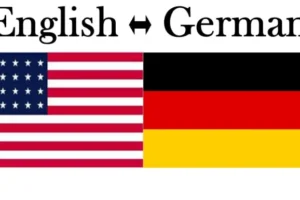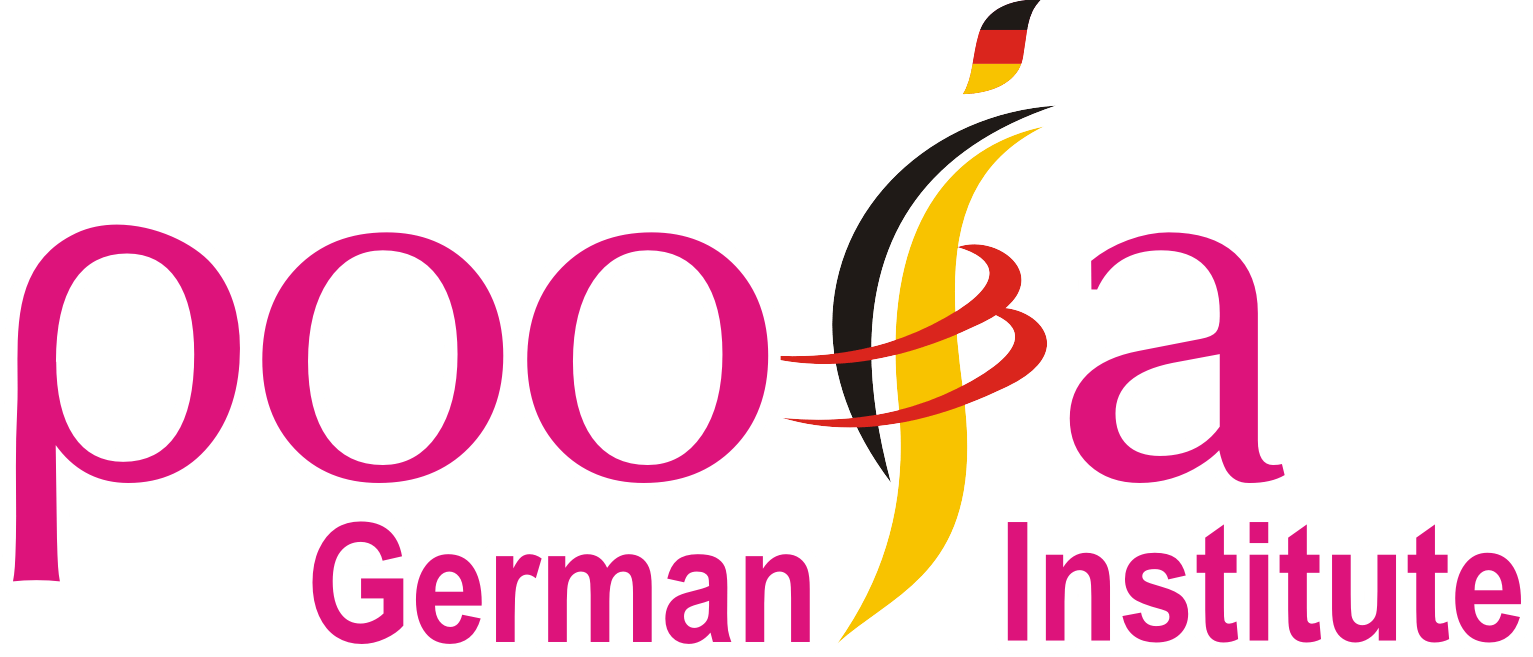
German Vocabulary
Languages are made up of their vocabulary and words. The good news for English speakers when discussing German is that many words are very similar because the two languages share a “ancestor” language. Despite the fact that English words have roots in Latin, French, and Greek as well, 40% of all English words and over 80% of the most frequently used English terms are cognates of German words. This is typically because they originated from the same ancient West Germanic languages that gave rise to modern German dialects and modern Standard German.
The words for the several days of the week, the months of the year, some seasons, some families, and many other words are examples of English-German cognates. In writing, cognates can occasionally be “camouflaged,” but with some skill and the right tools, you can spot them. For instance, it helps to be aware that nouns are capitalized and that the majority of ordinary verb infinitive forms finish in -en. As a result, many English speakers will soon be able to grasp a big portion of common German terms, especially if they see them written down.
Let’s look at these words: January, February, Monday, Friday, Dog, Ship, Brot, Bohne, go, Baker, Bier, Nacke, Nase, God, Onkel, Winter, loaded, and Wurm. You probably recognised some of them, and you can probably make educated guesses for many others if you know how the various letter combinations are spoken (January, February, Monday, Friday, dog (hound), ship, bread, bean, go (to go), baker, beer, neck, nose, God, uncle, winter, load (verb), and worm, among others). This is only a brief list of terms that are fundamentally the same in both languages that the author could think of!
You may also like

Basic level A1

Intermediate Level – B1

